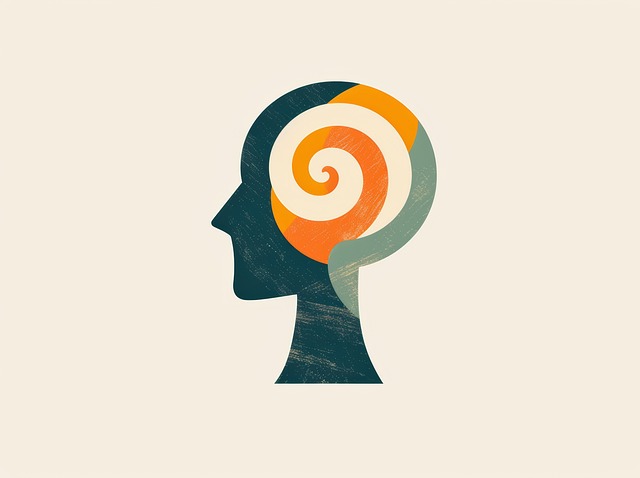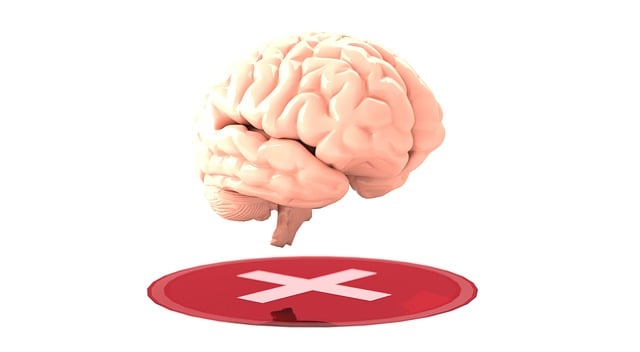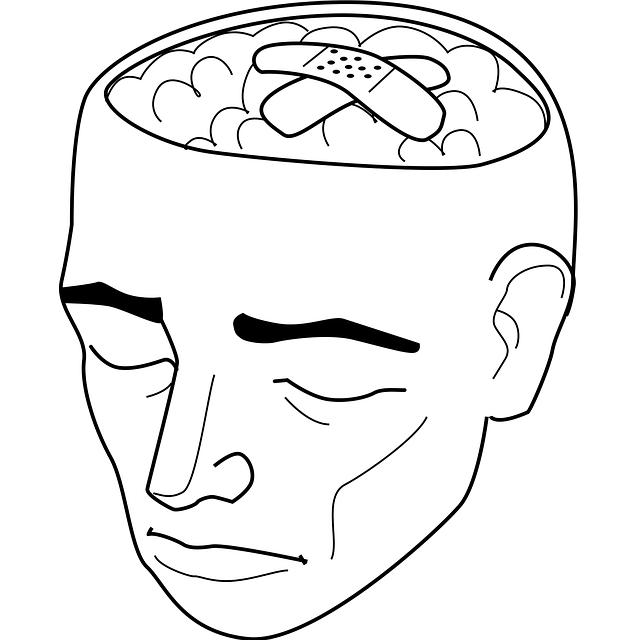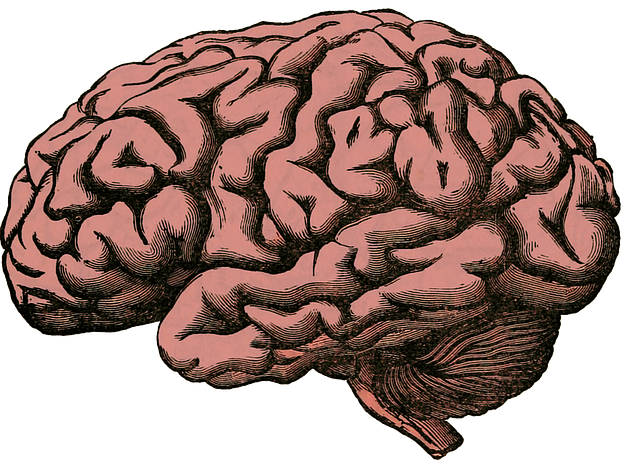Mental wellness coaching offers a holistic approach to empowerment, complementing traditional therapy for adults with specific disorders, including those exploring their gender identity. Coaches focus on building resilience, self-awareness, and tailored support using conflict resolution techniques and mind over matter principles. This method helps clients manage stress, develop adaptive coping strategies, and maintain mental balance in daily life. A safe, inclusive environment is crucial, fostering effective sessions and strong coach-client relationships through cultural sensitivity and mindfulness meditation. Success is measured using pre- and post-coaching assessments, client feedback, and qualitative interviews, with structured community outreach programs providing crisis intervention guidance.
Mental wellness coaching programs are gaining traction as effective tools for personal growth and resilience. This article explores a comprehensive approach to developing such programs, focusing on tailored support for adults navigating gender identity issues. We delve into integrating therapeutic techniques within coaching sessions while emphasizing the creation of inclusive environments.
By understanding the unique needs of this demographic, coaches can significantly impact mental health outcomes, offering a transformative journey towards self-acceptance and well-being. Discover best practices and measurement strategies to ensure successful mental wellness coaching.
- Understanding Mental Wellness Coaching: A Comprehensive Approach
- Tailoring Programs for Adult Gender Identity Issues
- Integrating Therapy Techniques into Coaching Sessions
- Creating an Inclusive Environment: Best Practices for Coaches
- Measuring Success and Impact in Mental Wellness Coaching
Understanding Mental Wellness Coaching: A Comprehensive Approach

Mental wellness coaching is a comprehensive approach that goes beyond traditional therapy by focusing on empowering individuals to take charge of their mental health. Unlike therapy for adults which often addresses specific disorders, coaches work with clients to cultivate resilience, self-awareness, and personal growth. This holistic process involves understanding unique challenges, such as those faced by individuals exploring gender identity, and providing tailored support.
Coaching sessions incorporate effective conflict resolution techniques to navigate interpersonal struggles and promote healthy communication. By fostering mind over matter principles, coaches help clients challenge negative thought patterns and develop adaptive coping strategies. Moreover, these programs emphasize stress management techniques to enhance overall well-being, ensuring individuals gain practical tools for maintaining mental balance in their daily lives.
Tailoring Programs for Adult Gender Identity Issues

In the realm of mental wellness coaching, recognizing and addressing adult gender identity issues is a specialized yet crucial aspect. Many adults struggle with questions of self-discovery and expression related to their gender identity, which can significantly impact their overall mental health and well-being. Therefore, tailoring therapy programs specifically for these concerns is essential. By providing dedicated support, coaches can help individuals navigate the complexities of gender dysphoria, enhance self-acceptance, and foster a positive sense of self.
Programmes should focus on creating safe spaces where adults experiencing gender identity challenges can explore their feelings, challenge societal norms, and develop effective coping strategies. This may involve incorporating elements of cognitive-behavioral therapy to manage mood fluctuations, as well as teaching the importance of self-care routine development for better mental health. Through tailored interventions, individuals can gain the tools needed to thrive, ensuring their mental wellness is prioritized in a supportive environment.
Integrating Therapy Techniques into Coaching Sessions

Incorporating therapy techniques into mental wellness coaching sessions offers a holistic approach to supporting individuals, especially those exploring their adult gender identity. Coaches can leverage evidence-based practices like compassion cultivation to foster an environment of understanding and self-acceptance, which is particularly crucial for navigating complex personal journeys. By integrating these therapeutic elements, coaches enable clients to develop effective coping strategies for anxiety relief, a common challenge faced by many in the process of self-discovery.
This blend of coaching and therapy facilitates not only emotional healing but also empowers individuals to cultivate self-care routines tailored to their unique needs. Such routines contribute significantly to better mental health outcomes, ensuring that clients feel equipped to manage their well-being both within and outside coaching sessions.
Creating an Inclusive Environment: Best Practices for Coaches

Creating an inclusive environment is paramount for mental wellness coaches to foster effective sessions and build strong coach-client relationships. Coaches should strive to create a safe space where individuals from diverse backgrounds, including those exploring their gender identity, feel accepted and comfortable expressing their true selves. Best practices include cultivating cultural sensitivity in mental healthcare practice, ensuring non-judgmental attitudes, and demonstrating empathy towards clients’ unique experiences. By embracing diversity and incorporating conflict resolution techniques through mindfulness meditation, coaches can facilitate open communication and enhance the therapeutic process for adults seeking support.
When developing coaching programs, it’s essential to address potential barriers that individuals might face when discussing sensitive topics related to gender identity. Coaches should be trained in cultural sensitivity, learning about different gender expressions and interpretations to avoid unconscious biases. This knowledge enables coaches to provide tailored support, ensuring every client receives personalized therapy catering to their specific needs.
Measuring Success and Impact in Mental Wellness Coaching

Measuring success and impact is a crucial aspect of any mental wellness coaching program, especially when addressing diverse topics like gender identity in therapy for adults. The effectiveness of coaching can be evaluated through various methods, including pre-and post-coaching assessments, client feedback, and qualitative interviews. These tools allow coaches to track progress, identify areas of improvement, and understand the overall impact on clients’ mental health journeys.
By implementing a well-structured community outreach program, coaches can facilitate self-awareness exercises that help individuals explore their identities and challenges. Additionally, crisis intervention guidance, tailored to each client’s needs, ensures immediate support during times of distress. Regular monitoring and feedback sessions enable coaches to adapt strategies, fostering a safe and inclusive environment for adults navigating gender identity issues in therapy.
Mental wellness coaching programs are evolving to meet diverse needs, especially regarding adult gender identity issues. By integrating therapy techniques and fostering inclusive environments, coaches can significantly impact individuals’ mental health journeys. Tailoring these programs ensures effectiveness in addressing specific challenges, such as those faced by adults navigating their gender identity. Measuring success goes beyond quantitative metrics; it involves witnessing profound transformations and hearing clients’ stories of empowerment. As the field advances, continuous learning and adaptation are key to providing exceptional care.













